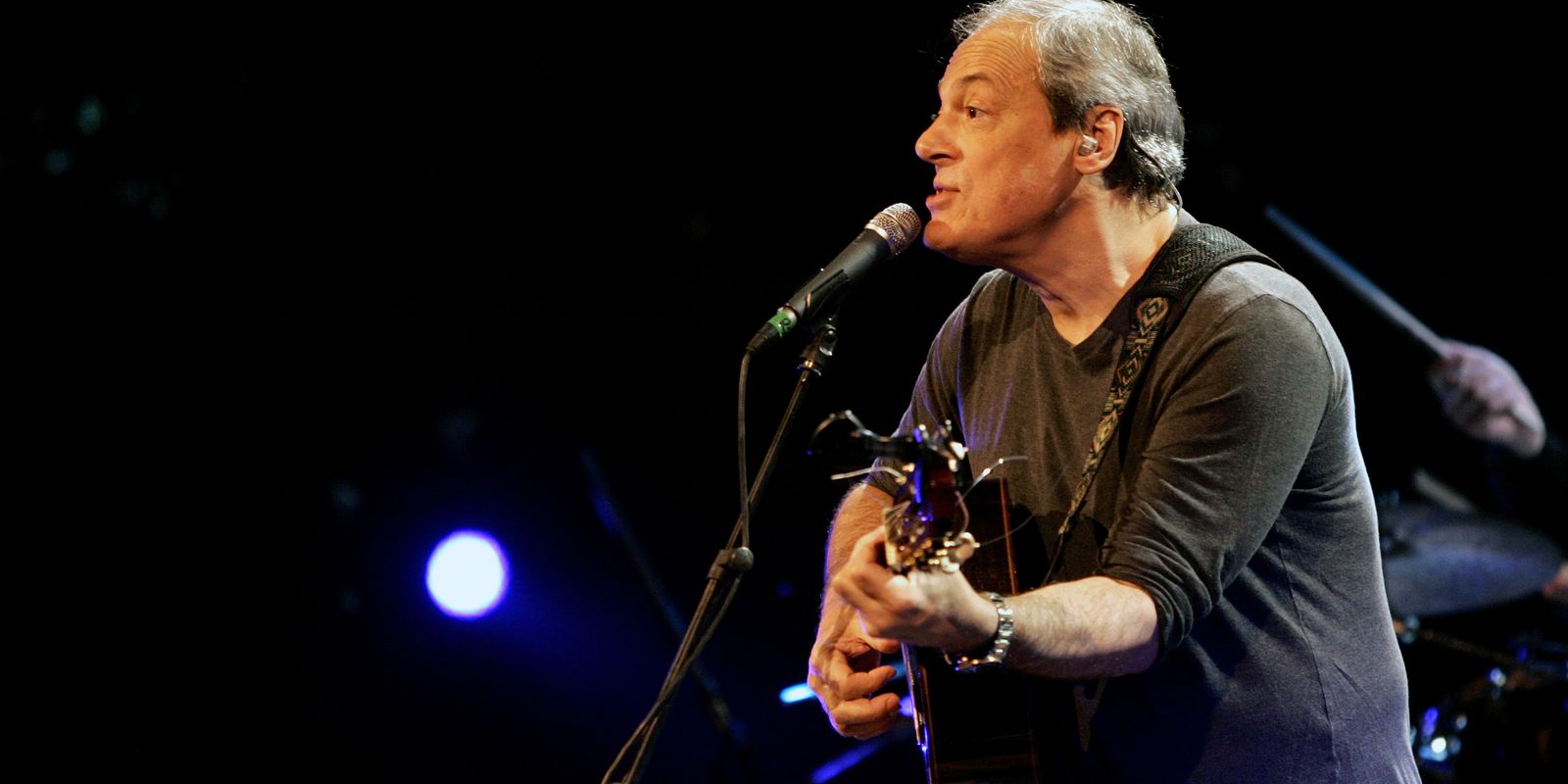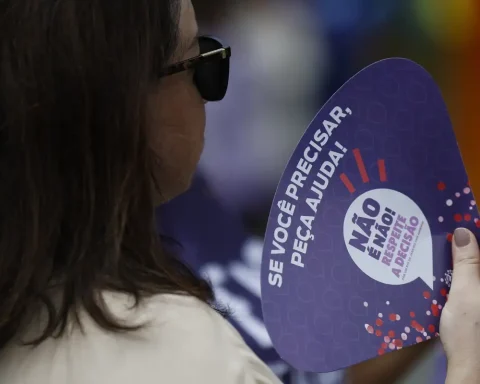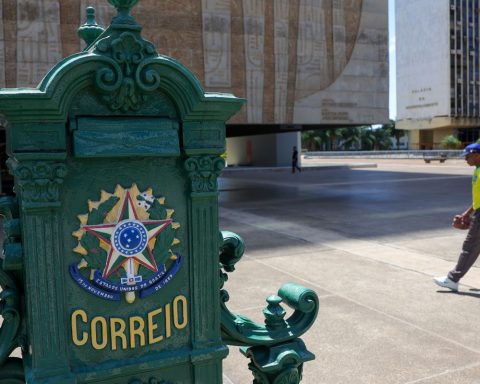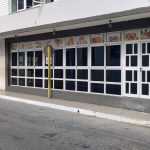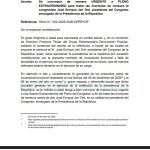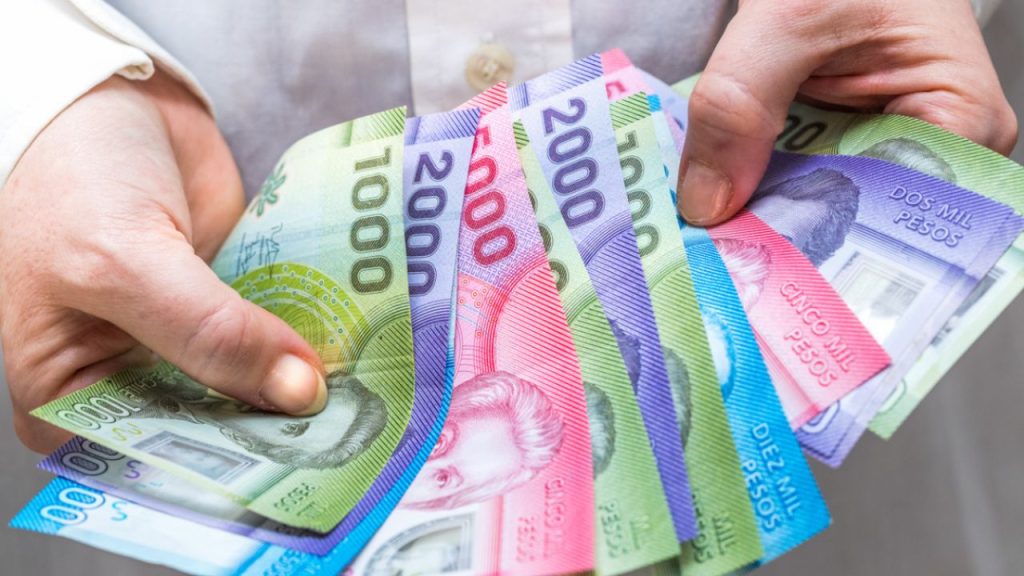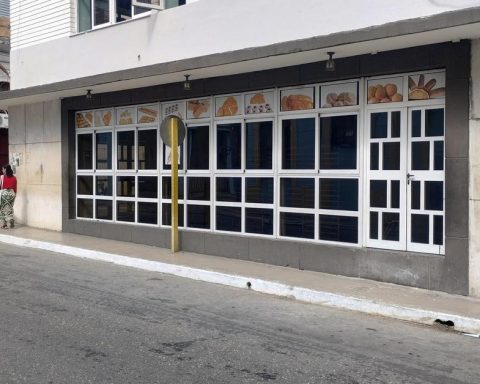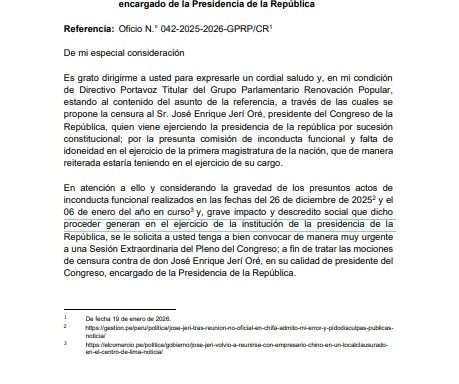“Whitefly”. In this case, a description attributed to a musician who played in the unpaved streets, around the house he lived in as a child, in the Bom Retiro neighborhood, in São Paulo. Composer of one of the songs that most marked the childhood of many Brazilians, the one that begins with the following verses: On any sheet of paper/I draw a yellow sun.
One of the main exponents of Brazilian popular music (MPB), Antonio Pecci Filho, who adopted the artistic name Toquinho, at the age of 78, won a documentary that allows viewers to relive his story with him, full of humorous memories and the unique glow of long-time friendships.
Directed by Erica Bernardini, the film Toquinho: Encounters and a Guitar emphasizes the intersection of the musician’s life with Italy, repeated many times over the years. It was in this context that he composed the famous song Watercolorwhich has enchanted children from all over Brazil for four decades. And from Italy too, since it can be said that half of it is his creation and half of the Italian Guido Moura. Toquinho says that Moura had already written part of the melody and that he completed it.
Chico Buarque
The musician reports that he once ended up in the Old World following an invitation from his close friend Chico Buarque, with whom he has been close since his youth. Chico had moved to Rome at the beginning of the civil-military dictatorship, in 1969, with his then wife, actress Marieta Severo, pregnant with the couple’s first daughter.
Although in these and other narrations, Toquinho is able to add comedy, he also demonstrates sensitivity and due seriousness when sharing the case of a friend who was persecuted by repression agents.
He and another partner in art, the guitarist and composer from Rio Grande do Sul Lupicínio Moraes Rodrigues, better known as Mutinho, explain in the documentary that the song Memories It was a way of honoring a friend, Tenório, who was tortured and murdered by the military.
The lyrics refer to the arbitrariness of the dictatorship: Pedro followed his path/Chico asked to stay/Tenório left alone in the night: he disappeared, no one knew how to explain/Other friends left/Guarding their ideals/Between truth and delirium/Some sowed nostalgia in exile/Others never return.
Mutinho signed one of the most celebrated albums, the Toy Housewith tracks by experienced people, such as Moraes Moreira, Chico Buarque and Tom Zé.
Accident of brother João Carlos
Another experience of Toquinho, treated with equal delicacy, is the accident of his brother, João Carlos Pecci. João Carlos speaks of Toquinho with immense love and says that he lost the use of his legs after his car suffered a collision, on the way to a Nara Leão show.
João Carlos, after the accident, began to dedicate himself to writing and, as soon as he finished his first work, he asked his brother to read it, to tell him what he thought. Toquinho handed him a cassette tape, with the song My brother recorded. “Here’s the answer,” Toquinho told him.
Emotional, the song has a message of pure fraternal connection: You, my great hero/More powerful than the enemy/You, constant friend, my distant companion/You, who are not afraid of danger at all times, no.
In addition to sharing memories from his closest circle, throughout the documentary, he retraces his path without leaving out the moments when he felt insecure in his career. He highlights, for example, that, in Italy, he was somewhat afraid of playing in an empty concert hall.
This contrasts with the first steps in learning the guitar, when, extremely confident, I wanted to go from simple strumming to occupying time in the schedule of great masters, which I ended up achieving.
And everything unfolded not without his dedication, which remains his hallmark to this day. Toquinho says he plays every day. “I miss the physical strength of music”, he explains.
Vinicius de Moraes
As for the longest-lasting partnership, with the musician, poet, playwright and journalist Vinicius de Moraes, one of the opinions that seek to summarize it is that of television presenter Pedro Bial, who says that Toquinho “was as heretic and free” as Vinicius. For Bial, the duo respected, with their compositions, “a nobility that was not confined to suits and ties” and, therefore, captivated very easily.
The documentary, which also features a rich collection of photos, including one of Toquinho with Bob Marley and Brazilian football stars, was made as part of the 150th anniversary of Italian Immigration in Brazil, promoted by the Italian Embassy.
The film can be watched for free until next Sunday (8), at website Toquinho: Encounters and a Guitar. The production is part of the Italian Film Festival in Brazil.
